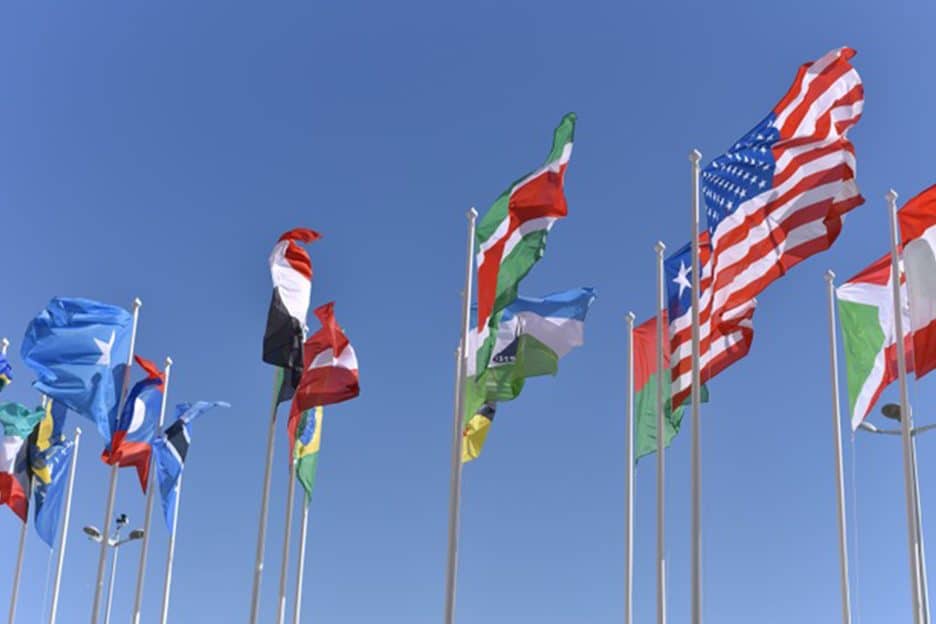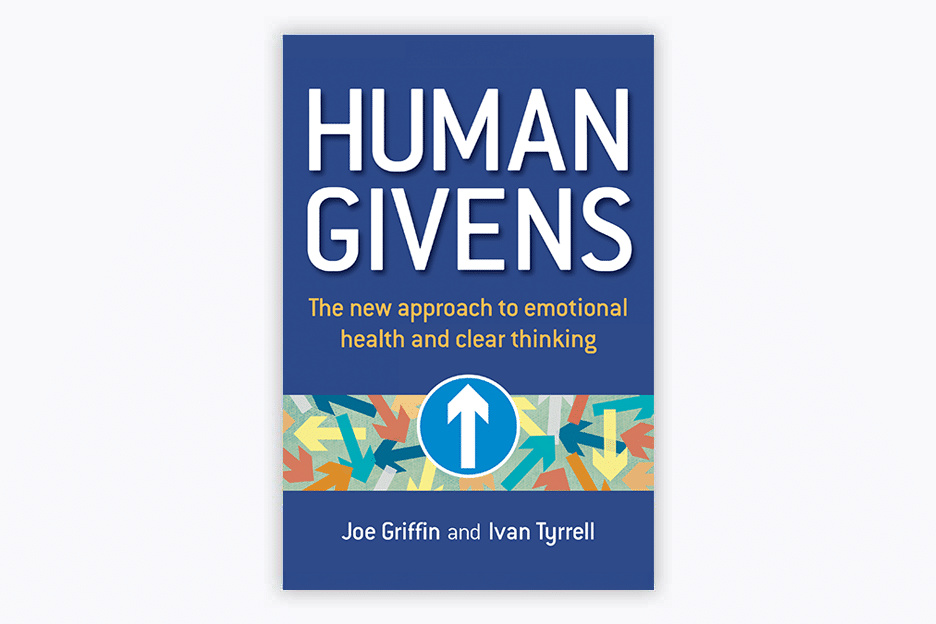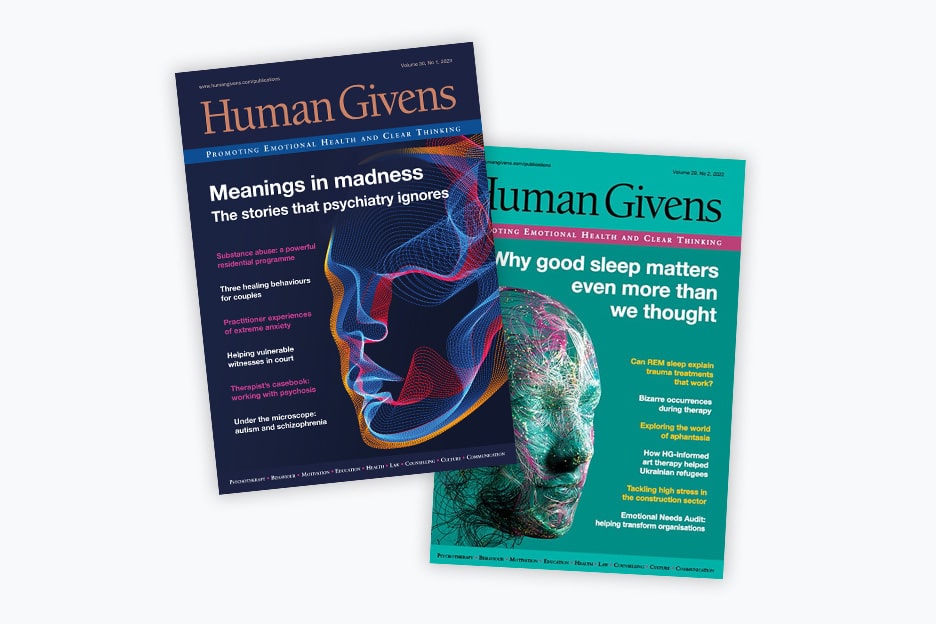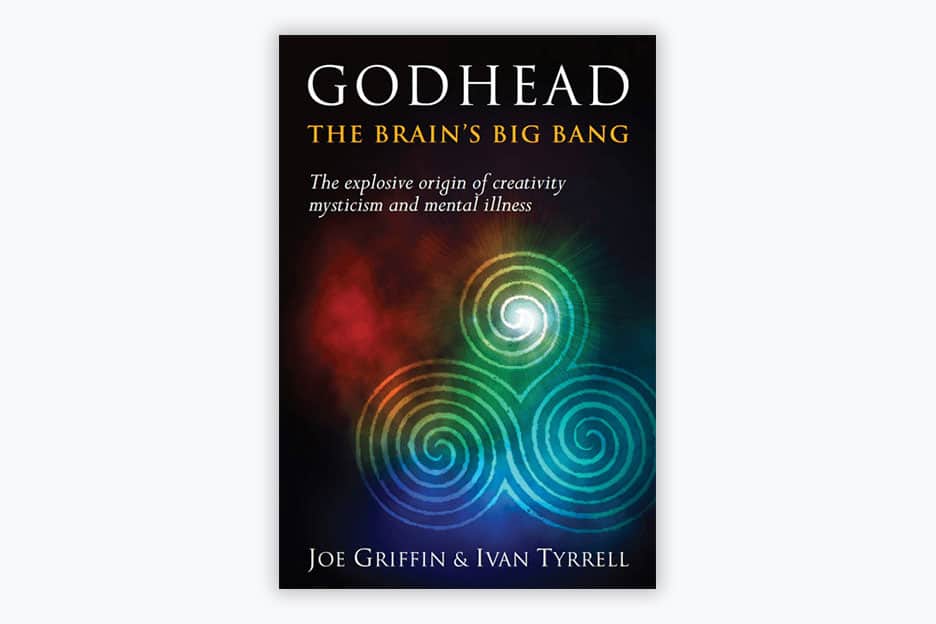The Charter
In the light of this knowledge about our innate human needs and resources, we all have a duty to help our health, educational, economic and social organisations implement concrete plans for:
- Maintaining an environment where people can feel secure and go safely about their lives
- Ensuring basic physical needs — for food, unpolluted water, pure air, space to exercise etc. — are reliably available
- Creating a social climate that takes account of each person’s need for autonomy and volition, where they can take individual responsibility for as many aspects of their lives as possible
- Encouraging and protecting environments and activities to enable children and adults to feel emotionally connected to others, experience and enjoy friendship and intimacy, in the family and beyond, and feel valued by the wider community
- Providing the conditions (but not prescribing the method) for the cultivation of a culture where all children and adults can find meaning and purpose in life by being stretched mentally and physically in healthy ways.
Three implications
- It follows from the Human Givens Charter that the various departments of government and public services should, at the very least, ensure that their activities do not prevent the people they serve from getting their innate emotional needs met. A clear distinction between ‘needs’, which are either physically or psychologically necessary, and ‘wants’, which arise from greed and conditioning, should always be held in mind.
2. To the extent that any leader or organisation fails to help people more fully meet their innate human needs they are contributing to the generation of mental and physical illness, the rate of increase of which is literally placing the survival of our species in jeopardy. (Mental illness primarily arises when the innate psychological needs of an individual are not being met in balance.)
3. If our lives are to have meaning and purpose we need to be stretched and understand the three main ways in which this is achieved. They are:
i) By being needed and serving others (as in raising a family, teaching, caring, working in teams for a common goal etc);
ii) By stretching ourselves mentally or physically (as in learning new skills, getting better at sport, scientific endeavour, developing a craft or art form, expanding our general knowledge and applying it);
iii) By connecting our core being to a force larger than ourselves (as in a philosophical, political, religious or spiritual project).





